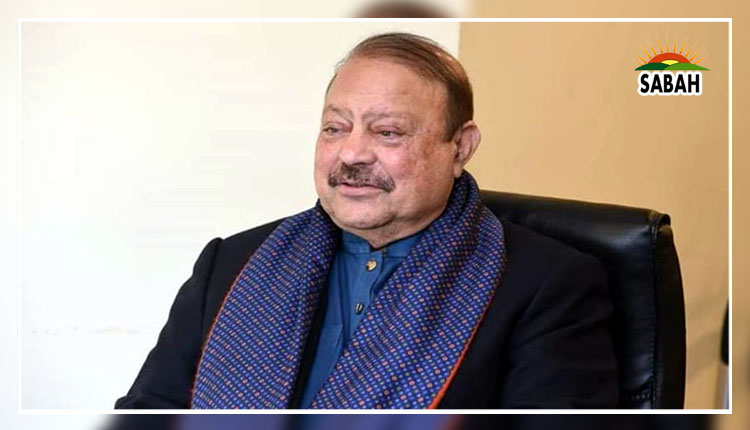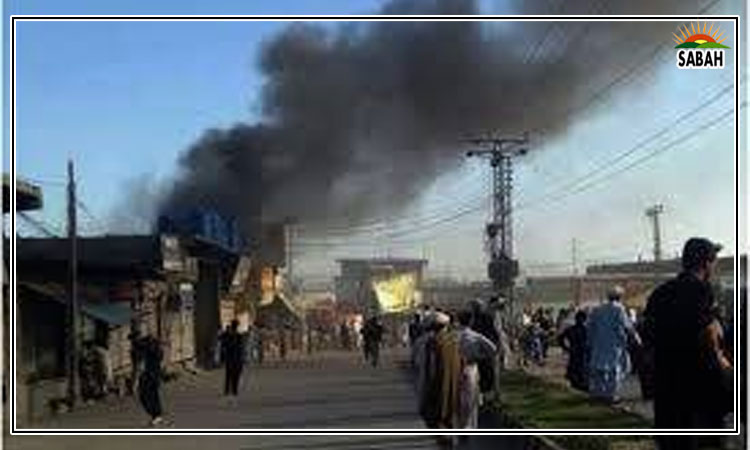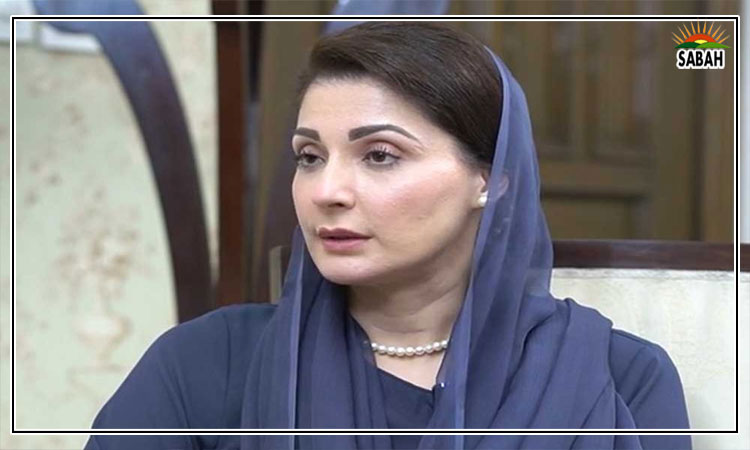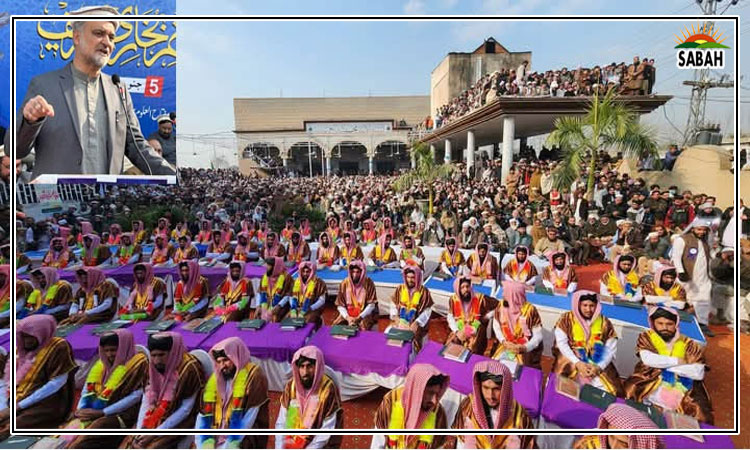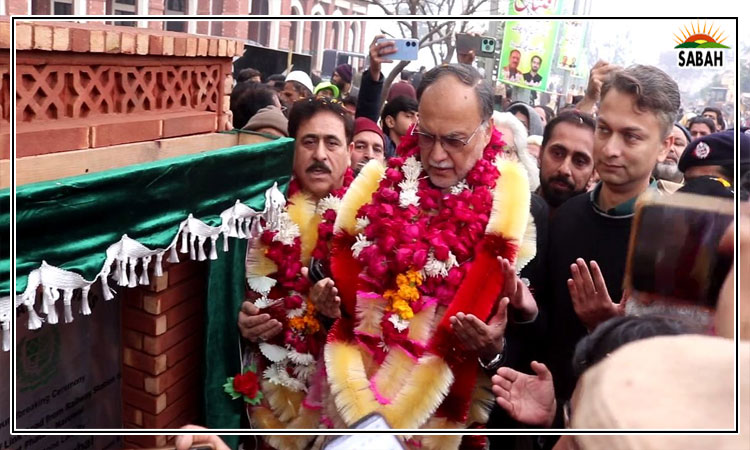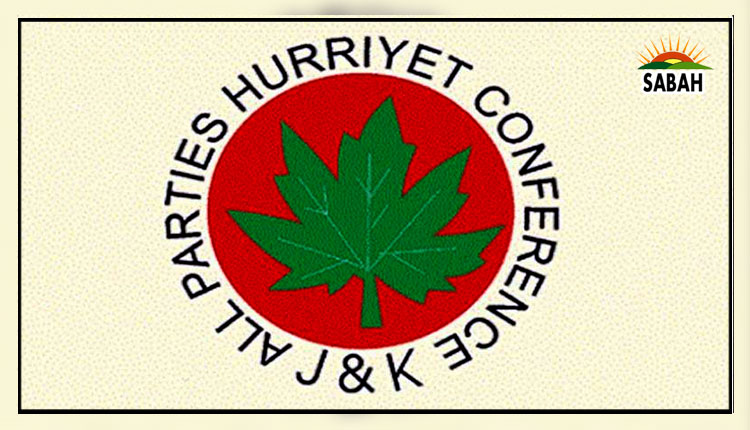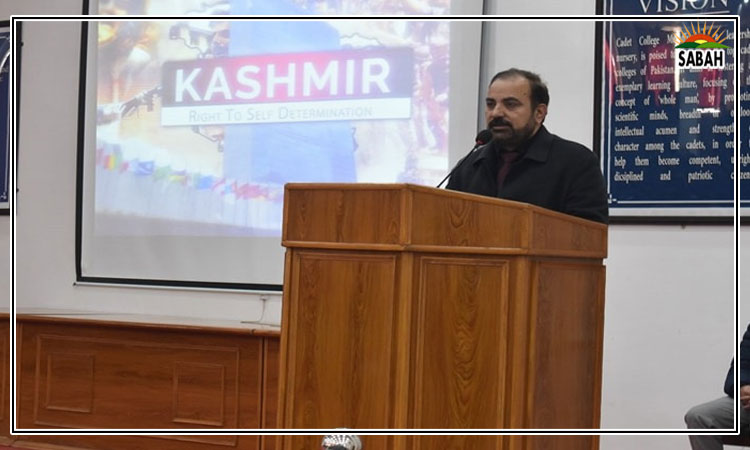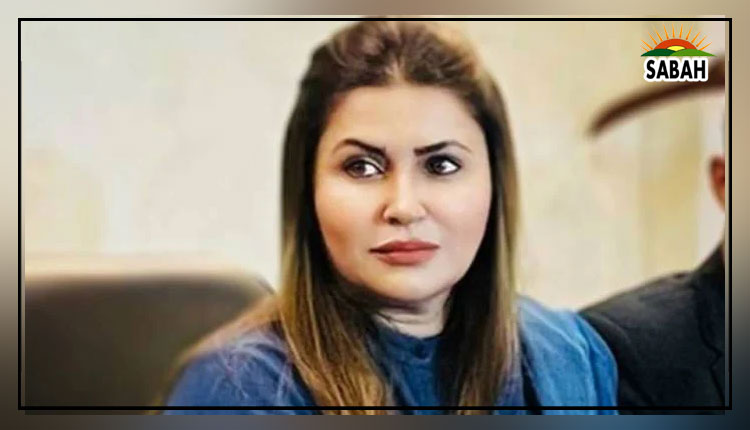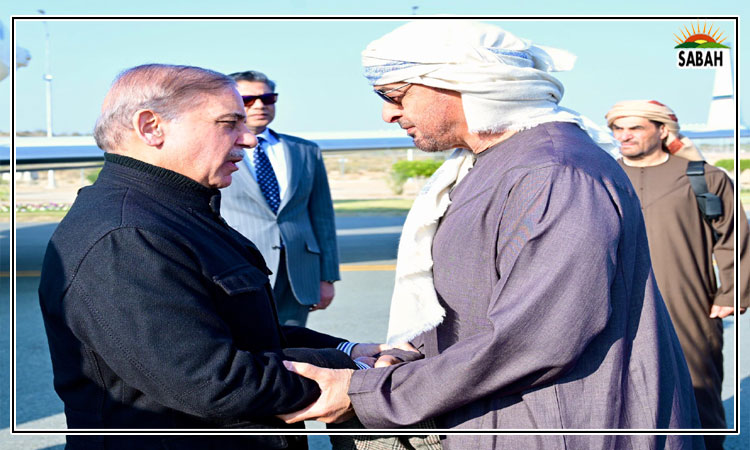A culture of violence…Kamila Hyat
Our society has become more and more violent. There is no doubt about this and plenty of evidence to illustrate the point. In recent years we have the terrible murder of the Sri Lankan factory employee in Sialkot who was killed by a mob. Before this, we also have the brutal killing of Mashal Khan at his university in Charsadda and other incidents which include the burning alive of a Christian couple, again on charges of blasphemy. There have been many other cases involving the abduction and in some cases torture of persons accused of marrying of their free will.
There is also some body of evidence which suggests our political culture has contributed to these attitudes seeping down into society. The abusive language and misogyny used by our politicians has had an impact on younger people, particularly since the PTI, which is perhaps a party most guilty of the use of abuse, is followed by youngsters to a considerable extent. Other parties too are not completely clean in this regard and have used the most offensive language now and in the past.
The culture of misogyny persists, and so does the growing violence. This is depicted by the use of firearms to celebrate events such as weddings and New Years Eve. In other cultures such occasions are marked by music, celebration, and dance. The question is how this culture is spreading and how quickly this is happening. The murder of polio workers and the placing of fake news over the internet is yet another example of the culture we have built.
One of the latest examples comes from an elite school in Lahore. It begins with a young girl being beaten by fellow students, apparently because she sent videos of drug use to her father. The story is still somewhat hidden in doubt and a lack of clarity. The school administration remains silent about the entire matter. An FIR has, however, been booked against the girls who beat the girl, as well as the victim herself. The video posted on social media also shows boys cheering on the girls and suggesting to them how they should further torture the victim. This is frightening since it involves 14, 15 and 16-year-olds, or perhaps students even younger than that.
The parents have spoken up, and the students, as is the case at most elite schools, are influential with links to powerful political families. But the failure on the part of school administration to act is shameful. The same is true of other elite schools with parents often discouraging talk about drugs, sex or other activities on the basis that their children are unfamiliar with these activities and will become corrupted if they are exposed to talks giving information about them. Nothing could be further from the truth given that we know from around the world that when knowledge is provided to young people, they are less likely to engage in dangerous activities. This is not always the case, but certainly it does help.
The other question is of providing alternative recreation to young people. The fact is that young people will always require entertainment and some stimulation in one form or the other. It is best if arrangements are made for this to come through music, dance, the performing arts, comedy, standup shows, debates, sports and other activities rather than through the use of drugs, the possible dangers of which children only rarely understand. Most alarming of all is the degree of violence that is creeping in behind these activities. We all know of bullying at schools. It has always existed. But now cyber-bullying has become a very real norm at more and more educational institutions across the country. The most vulnerable and weakest are often picked upon.
There are too many incidents of a similar nature and far too much violence in society. Regard for human life, which should be a norm, has increasingly vanished. There is very little empathy for others. In Sindh, people in elite areas of Karachi have been filmed talking with concern about how the victims of the recent floods in rural Sindh may soon enter Karachi and engage in petty theft or take up residence close to posh areas. There is very little empathy and no organization amongst many of the so-called elite to help the flood-affected. Instead, there is scorn and only a selfish concern for their own welfare and for their own survival. Even in a situation where tens of thousands of people are so badly affected that they live in freezing conditions in houses surrounded by water and built only of timber and pieces of canvas, most societies would show more empathy for their own citizens in such a situation.
We have had similar situations in places such as Hunza where tourists have been guilty of harassing local people and where women have begun to disappear from the streets of Hunza and other cities in the area because of the harassment and lack of concern which adds to the culture that they face. This is disturbing and requires some measures to curb the kind of mentality which goes behind it. We see violence breaking out quickly in other places as well, including our parliament, and in places such as Utility Stores or even stores selling expensive suits, where women battle it out over the latest design that they wish to acquire.
This is completely ridiculous and shows a society that is simply falling apart. The lack of political will and the lack of good governance on the part of those who rule us adds to all this. Their behaviour influences those of others in society. This needs to change in one way or the other. Unless it does, we will face a greater tendency to resort to violence and pass this tradition down to our children, who should be taught to respect others rather than treating them as inhuman or to torture them, as has happened in too many places.
Courtesy The News


